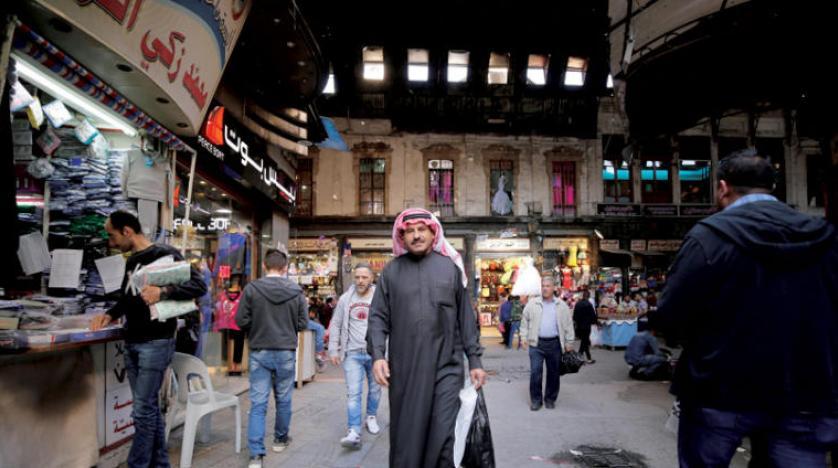After being released from regime detention in mid-2016, Saleh, 56, expected to normally resume his job as an educator. But since then, and despite winning court support for his case, he had struggled to get his employment suspension revoked.
Like many, Saleh is the victim of a 2013 government order that demands a, nearly impossible to attain, state security approval in order to resume at a post suspended due to arrest.
The law dubbed “Kaf Alyyad” (Arabic for Halt of Labor), signed in 1990, does not clearly state for employers to hire back workers that were detained by authorities. With absent legal guarantees for maintaining a job position when arrested, even if under false charges, the 2013 government order for post-release security clearance made matters worse, especially in light of the Syria civil war.
Saleh, who served as a teacher for 22 years, was also unable to join another job as he has been contractually tied to his former post.
According to Judge Yahya Ali, another 4,500 special needs employees filed to the Damascus Administrative Court in order to attain compensation for their suspended wages withheld since the beginning of the Syrian crisis in 2011 up until 2017.
Despite Saleh and many others having court support, employers choose to override the judiciary and follow regime orders, preventing many suffering Syrians from returning to their bread-winning posts.
It is worth noting that such blocking of labors is not only violating court orders but also article 51 of the Syria Constitution, which considers all suspects innocent until proven guilty by a just trial.
Saleh was arrested in April 2015 for covering up crime and funding terrorism, simply for his brother, accused of belonging to the armed anti-regime dissent, having visited his residence in the town of Babila in the countryside of Damascus.
Saleh presented proof of his brother being released and cleared by intelligence authorities earlier on February 24, 2015—and had his passport renewed by authorities—before visiting his residence, but that show of evidence made little to no change in his struggle.
Later, he was arrested and released after 15 months, backed by a court order proving that there was insufficient evidence to hold trial, let alone convict Saleh. Three days after being released, Saleh applied for state security approval to return to his job, but had his request was rejected two months later.
Left with no income and rising living costs, Saleh was forced to work as a heavyweight laborer at a grocery store in Damascus in order to provide for his family that faced displacement eight times during the course of the bloody Syria conflict.
Two of Saleh’s children were also forced to leave school and work under disparaging conditions to help their family survive.
Wincing against an excruciating backache, Saleh said the halt of labor he received coupled with deprivation of pension and reimbursements are serving him a slow and painful ‘death sentence.”
The Syrian Ministry of Education, with which Saleh was registered as a worker, along with the Damascus Water Corporation have the highest number of cases similar to Saleh ’s, Judge Ali confirmed without giving exact numbers or percentages. Halt of labor goes on to affect Syrian workers nationwide, most of which have fallen victim to a disorder and administrative disruption bred by a conflict that saw the death of over 300,000 Syrians and the displacement of nearly half of the country’s population.
Responsibility for the information and views set out in this article lies entirely with the author.


